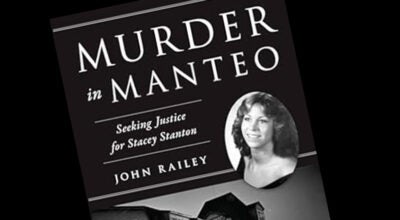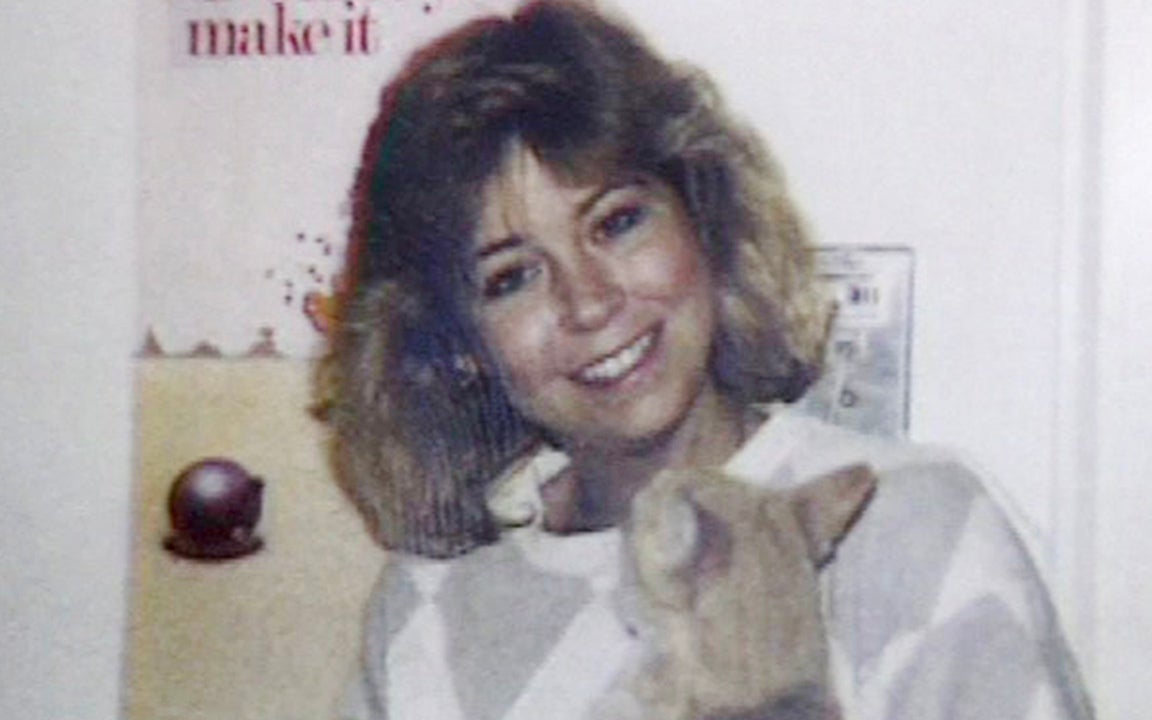Inmate convicted in Dare killing hopes DNA evidence will free him
Published 3:37 am Tuesday, August 30, 2005
|
Getting your Trinity Audio player ready...
|
A man serving a life sentence for the 1990 killing of a waitress in Manteo hopes an old washcloth will bring him freedom.
Clifton Eugene Spencer says he was pressured to plead no contest to a murder he did not commit by a lawyer who convinced him that he, a black man, probably would be convicted of killing a white woman.
But even prosecutors acknowledge that the evidence against Spencer was weak and circumstantial, and that they have doubted from the start that he was guilty.
Now, tests on DNA recently extracted from a bloody washcloth that the killer used to clean up show it came from someone other than Spencer.
“I feel very hopeful that we’re going to get a break in this thing, and things will go my way for a change,” Spencer told The News & Observer of Raleigh in a prison interview in Gatesville in northeastern North Carolina.
Spencer, 46, is serving a life sentence for the killing of Stacey Stanton, a friend whose mutilated body was found in her living room floor on a morning in February 1990, after Spencer had spent part of the night at her apartment.
Whoever stabbed Stanton to death went into the bathroom to clean up, leaving the bloody green washcloth behind.
Spencer has taken advantage of a law passed in 2001 that allows convicts to seek DNA testing of evidence in their cases if none was ever done. The same law led to the exoneration of Darryl Hunt, who spent 18 years in prison before he was cleared in 2003 of rape and murder charges.
Prosecutors have agreed to run the test results through a national DNA database of convicted felons, a process that could take months.
Suspicion fell on Spencer because he was one of the last people to see Stanton alive.
At the time, he was homeless and addicted to cocaine, working odd jobs and staying with friends and relatives in Columbia, his hometown. He drove with a friend to Manteo on the evening of Feb. 2, 1990, and ran into Stanton in a bar there.
Also in the bar were Stanton’s ex-boyfriend, Norman J. “Mike” Brandon Jr., and Brandon’s current girlfriend, who was pregnant.
Stanton, upset, left the bar. When Spencer left a little later, Stanton waved him down outside her apartment across the street and persuaded him to ask Brandon to come talk to her.
When Brandon refused, Spencer went back to Stanton’s apartment to tell her.
She was disappointed and sent Spencer back out with $35 to buy crack cocaine, according to Spencer. He couldn’t, and returned to the apartment, where he and Stanton went to sleep. Early in the morning, Spencer woke up and went to the home of another friend, who said he arrived at 4:30 a.m.
Suspicion fell on Spencer because of his history – he had once attacked a girlfriend with scissors – and his inconsistent statements about what he did that night. He failed a polygraph test that asked whether he killed Stanton.
Investigators believed they won a confession on Feb. 8, when he described Stanton’s anger at awaking and finding him in the apartment.
When an investigator asked Spencer whether Stanton provoked him with a box cutter, Spencer leaned forward in his chair, put his head down and nodded “yes” two or three times according to a detective’s interview notes.
But he now says police misunderstood.
“I got tired of answering them,” Spencer said, “I sighed and put my head down. They took that as a yes.”
Spencer was charged with first-degree murder and prosecutors planned to seek the death penalty.
His family hired Romallus O. Murphy, a civil rights lawyer from Greensboro, to defend him.
According to Spencer and his family, Murphy told them that a black man accused of killing a white girl in Dare County didn’t stand a chance of a fair trial, and urged him to accept a plea deal. He pleaded no contest to second degree murder and was sentenced to life in prison.
Murphy denies pressuring Spencer or telling him he wouldn’t get a fair trial, and says it was Spencer who suggested pleading no contest.
Even at the time, however, prosecutors doubted Spencer’s guilt.
His fingerprints were the only physical evidence linking him to the crime scene. Hair found in Stanton’s hands and mouth came from someone else. There was no blood on Spencer’s clothes or in the living room of the friend he visited later. The local newspaper, usually delivered after 6 a.m. – well after Spencer left Stanton’s apartment – was found only feet from the body in Stanton’s living room.
“There were some serious questions about whether it could have been another individual,” said H.P. Williams Jr., the district attorney who prosecuted Spencer and who now practices law In Elizabeth City. “I think the compelling evidence against Spencer was his inability to tell the truth during interviews. That doesn’t mean he did it.”
Court records identify another suspect: Mike Brandon.
His fingerprints also were found in the apartment, and two women at the bar testified that they heard his then pregnant girlfriend threaten to kill Stanton if she didn’t leave Brandon alone.
A friend who let the couple stay at her apartment said recently that, while she heard them arguing at about 3 a.m., she went back to bed a short time later and didn’t wake up until 7:30 a.m., when Brandon called from the restaurant where Stanton worked.
Since the killing, Brandon has twice been charged and once convicted of breaking into the Dare County courthouse and trying to gain access to the vault where evidence from criminal cases is held.
Neither Brandon, who now lives in the Beaufort County town of Chocowinity, nor the girlfriend responded to letters and messages from The News & Observer seeking comment.
Spencer’s current lawyer, Christine Mumma, convinced Dare County prosecutors to run DNA tests last year. This spring, they gathered DNA samples from Brandon and his former girlfriend, but Mumma said testing has neither conclusively helped Spencer nor implicated Brandon.
Other evidence was missing or had deteriorated too greatly to be tested. The green washcloth is the last piece of evidence in Spencer’s case that could be tested for DNA, she said.
To see the scans of the archived newspaper page where this article appeared, click here.
READ MORE ARTICLES RELATED TO THE STANTON CASE HERE.



